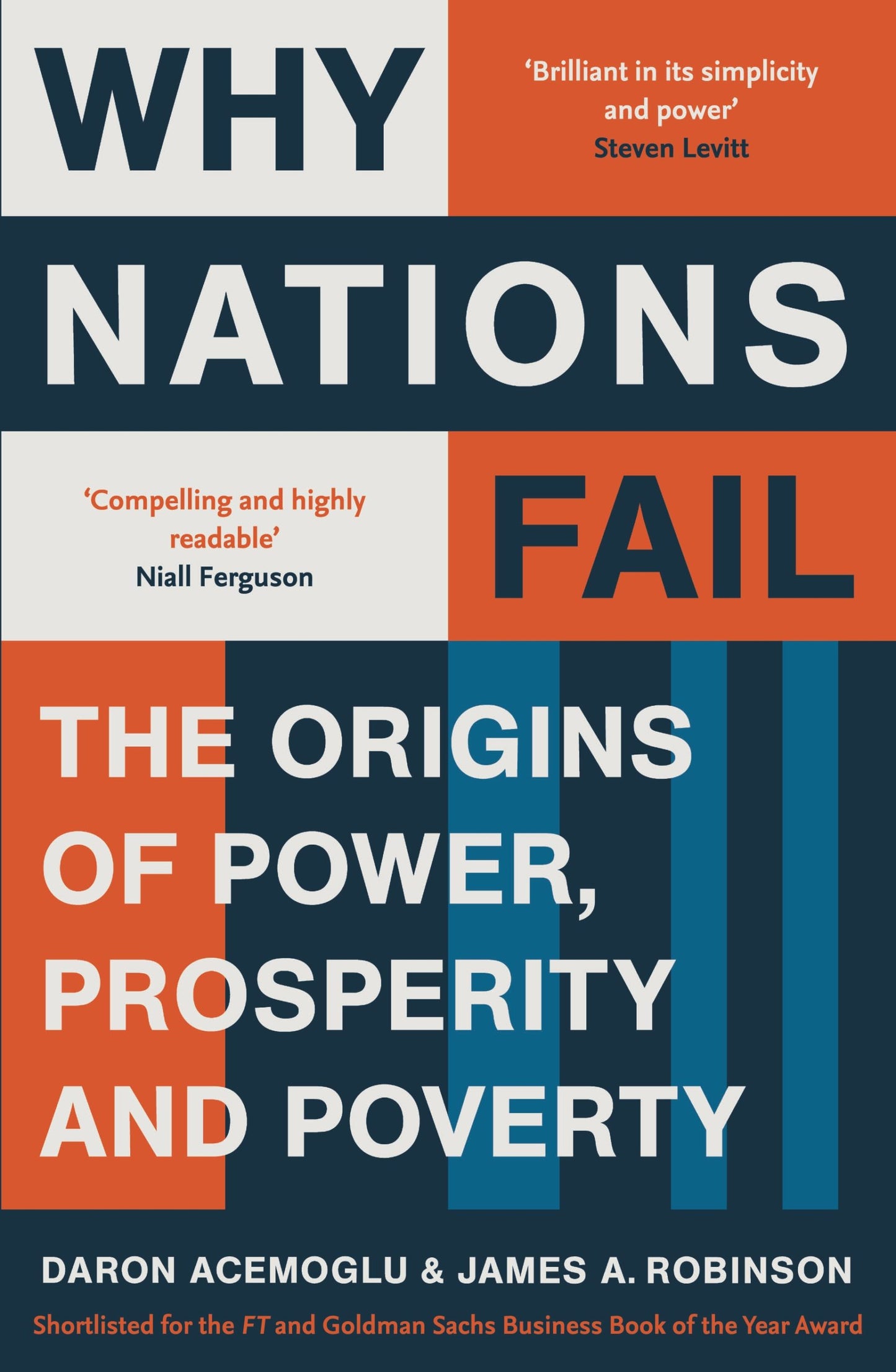Why Nations Fail by Daron Acemoğlu and James A. Robinson is a groundbreaking work that explores the political and economic factors that lead to the success or failure of nations. The authors argue that inclusive political and economic institutions are crucial for sustained prosperity, while extractive institutions lead to poverty and stagnation. The book provides a comprehensive analysis of historical and contemporary examples, offering insights into the development and decline of nations.
Why You Should Read This Book
- Understand the factors that contribute to the success or failure of nations.
- Explore the impact of political and economic institutions on prosperity.
- Gain insights from historical and contemporary case studies.
- Learn about the role of inclusive versus extractive institutions.
- Enhance your knowledge of political economy and development.
About the Authors
Daron Acemoğlu is an American economist and professor at the Massachusetts Institute of Technology (MIT). He is known for his research on political economy, development economics, and economic growth. Acemoğlu's work has received numerous awards, and he is considered one of the most influential economists of his generation.
James A. Robinson is a British economist and political scientist, currently serving as a professor at the University of Chicago. His research focuses on political economy, development economics, and the relationship between political institutions and economic outcomes. Robinson's collaborative work with Acemoğlu has significantly contributed to the field of political economy.
![]() Descriptions are sourced from publishers or third parties and are not independently verified
See our disclaimer
Descriptions are sourced from publishers or third parties and are not independently verified
See our disclaimer





